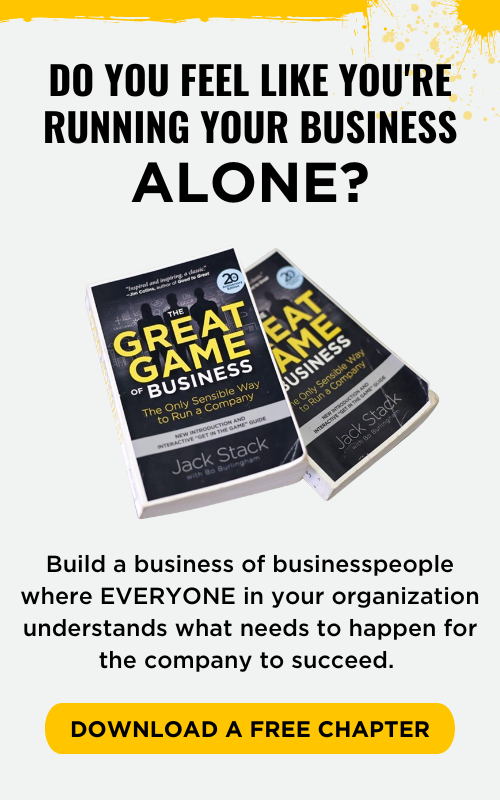
"Should You Do It Yourself?" - Bill Collier, St. Louis Area Coach
There are two conflicting schools of thought about running a small business:
- Do as much as possible in-house and keep your expenses down.
- Subcontract everything except your core money-making activities so you aren’t distracted.
As in anything, moderation is the key. An over-zealous attitude about either method is a formula for disaster.
Do everything yourself and you will kill progress as you agonize over a million details.
Farm everything out and you’ll lose touch with important pieces of your business while your vendors rake it in.
I thought about this dichotomy when a statement I made during a media appearance was challenged.
During an interview, I was asked about changes small businesses might make in response to the economy. When asked whether marketing budgets should be cut, I responded, “There are lots of marketing things we can do nowadays that cost little or nothing.” I went on to list a few of them, including email newsletters and social networking. I concluded this part of the interview with, “There are a lot of things that we can and should be doing that don’t cost much money, and especially in tough times we should be taking a look at them.”
Hardly a clarion call to fire all your vendors. But it did lead to a lively email exchange with a local marketing guru who jokingly asked me if I roofed my own house. (Answer: I don’t.)
There's no right or wrong answer on how to market, but as an experienced entrepreneur I'm a big believer that the chief person responsible for marketing and sales is the owner. Whether and how much to turn over to outsiders is up to him or her.
My point is that small business owners - especially in tough times - need to assume a leadership role and find out what tools are at their disposal. Like it or not, the age of do-it-yourself marketing is here. Businesses now can market themselves on their own websites, Facebook, LinkedIn, a blog and other online vehicles. Of course good marketing advice is still needed, but entrepreneurs owe it to themselves to get educated on this stuff and not rely 100% on others.
And it’s not just in the area of marketing. What about others areas of your business, like your accountant, your banker or the guy who sprays the office for bugs? Every industry has a few people who are either incompetent or dishonest. Even among the majority of vendors who are both competent and trustworthy, the advice you’ll receive varies wildly.
Do it yourself or farm it out? How do you know whose advice to follow? Does a vendor’s offering make sense financially and operationally?
Difficult questions, but gaining at least a basic knowledge in that area of your business makes it easier. I like to think of vendors as partners, which implies that neither party is in the dark about the other’s activities.
So gather your info, set targets, make a decision and check up on results to make sure it’s working out as planned.
Somewhere there’s a happy medium between blindly turning important pieces of your business over to outsiders and trying to do it all yourself.
Bill Collier is the author of “How to Succeed as a Small Business Owner … and Still Have a Life” and is the St. Louis area coach for The Great Game of Business. He helps businesses teach their employees to think and act like owners. He can be reached at 314-221-8558 or billcollier@greatgame.com.
.png)







.png)




-5.png)

